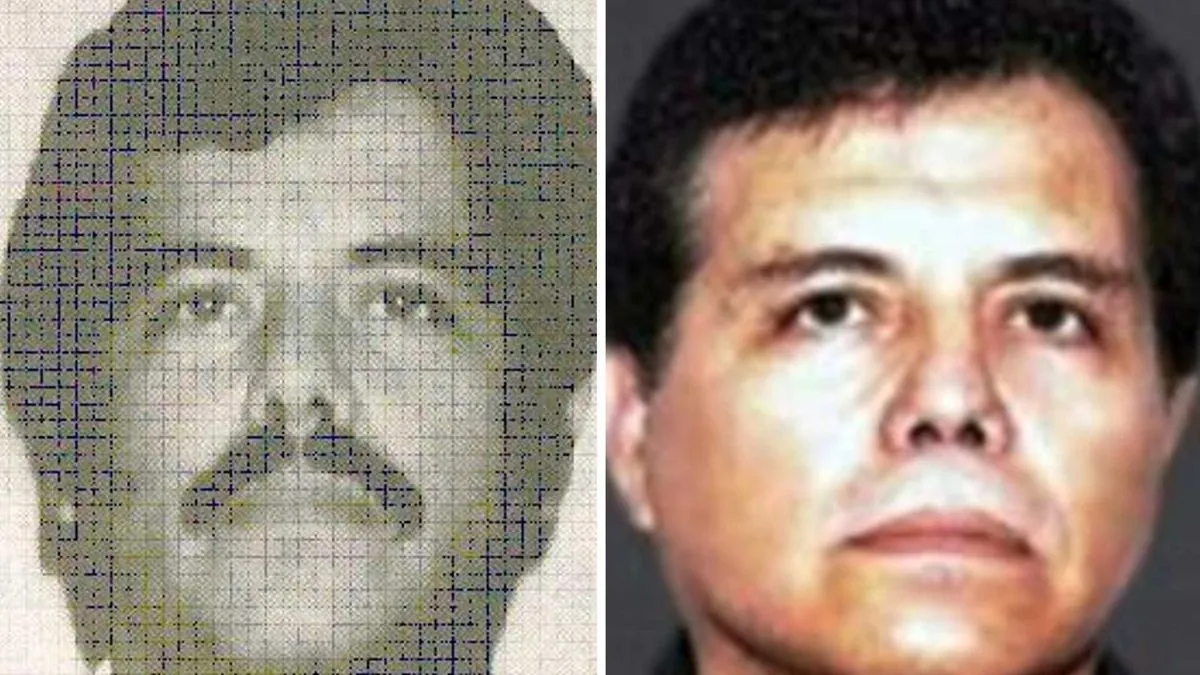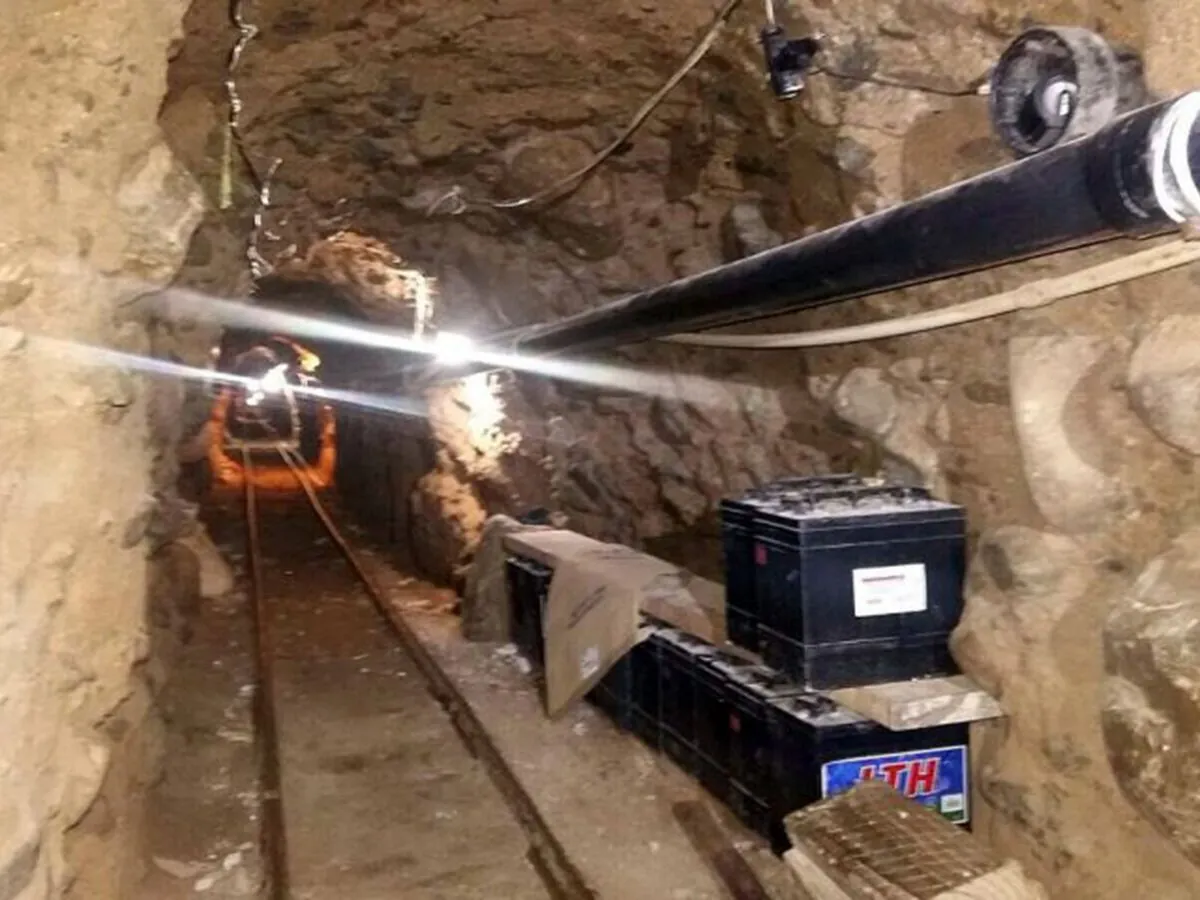U.S. Seeks to Try Sinaloa Cartel Leader in Brooklyn, Following El Chapo's Case
Federal prosecutors aim to move alleged Mexican drug lord Ismael Zambada to Brooklyn for trial, where his Sinaloa Cartel co-founder El Chapo was convicted. Zambada faces charges including fentanyl distribution.

Federal prosecutors are pursuing the transfer of Ismael "El Mayo" Zambada, an alleged Mexican drug lord, from Texas to Brooklyn for trial. This move would place him in the same courthouse where his Sinaloa Cartel co-founder, Joaquin "El Chapo" Guzman, was convicted five years ago.
On August 15, 2024, prosecutors in El Paso, Texas, filed a request to relocate Zambada to face charges in the Eastern District of New York before returning to address separate allegations in Texas. The Eastern District of New York is renowned for handling high-profile organized crime cases, making it a fitting venue for Zambada's trial.
Zambada, approximately 76 years old, was apprehended on July 25, 2024, at a New Mexico airfield alongside Joaquin Guzman Lopez, one of El Chapo's sons. This operation marked a significant achievement for U.S. law enforcement in their ongoing efforts to dismantle the Sinaloa Cartel, one of the world's largest drug trafficking organizations.

The charges Zambada faces in Brooklyn, filed in February 2024, include conspiracy to manufacture and distribute fentanyl, a synthetic opioid 50-100 times more potent than morphine. This substance has been a major contributor to the opioid crisis in the United States, prompting increased focus from law enforcement agencies.
In Texas, Zambada is confronting drug trafficking and racketeering charges stemming from alleged conspiracies to transport cocaine and marijuana into the United States. These charges date back to 2012, highlighting the long-standing efforts of the U.S. Drug Enforcement Administration (DEA) to target the Sinaloa Cartel's operations.
The Sinaloa Cartel's influence extends far beyond North America, with operations reaching Europe, Australia, and parts of Africa. Known for its extensive use of tunnels for cross-border smuggling, the cartel is believed to control a significant portion of the global cocaine trade.
"Guzman Lopez surrendered voluntarily, but Zambada seemed to have been brought north of the border against his will."
The capture of Zambada and Guzman Lopez represents a major coup for U.S. authorities, who have offered multi-million dollar rewards for information leading to the arrest of cartel leaders. The extradition process between Mexico and the U.S. for drug lords has been a subject of diplomatic negotiations, underscoring the complexity of these high-profile cases.
As the legal proceedings unfold, it's worth noting that drug trafficking charges in the U.S. can result in life imprisonment without parole. El Chapo, who famously escaped from Mexican prisons twice before his final capture and extradition, is currently serving a life sentence at ADX Florence in Colorado, a maximum-security facility known as the "Alcatraz of the Rockies."
The outcome of Zambada's case could have significant implications for the future of the Sinaloa Cartel and the broader landscape of international drug trafficking operations.


































